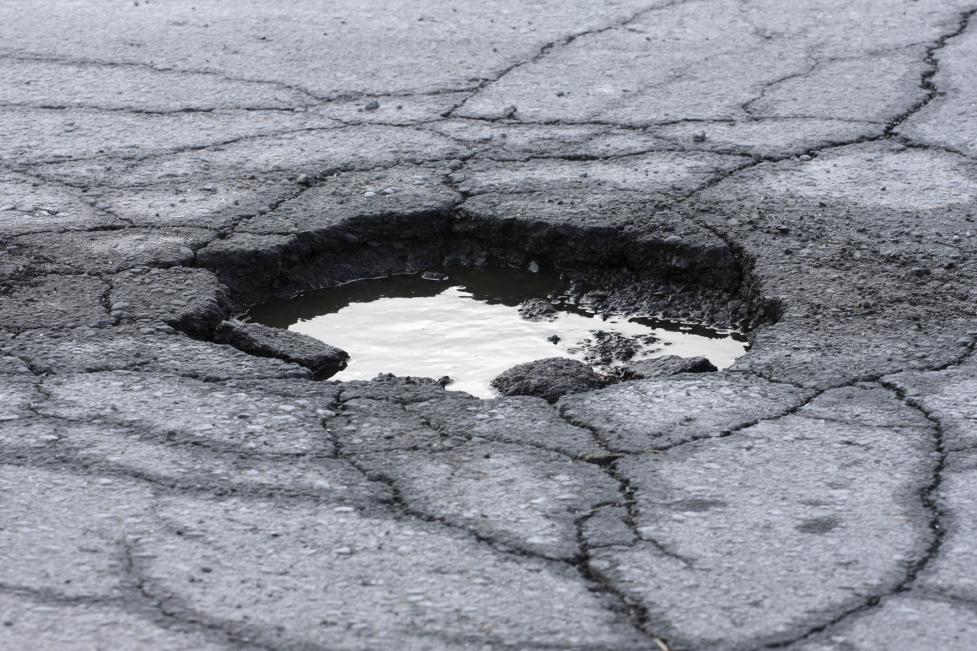A Transportation Maintenance Fee (TMF) is an annual or monthly fee paid by residential and commercial properties to cover the cost of transportation maintenance activities such as pavement management and filling potholes, traffic signs, signals and marking replacement, median maintenance, and bridge repair. This type of fee is typically paid through utility bills, but can be assessed in other ways.
Herramienta de traducción de sitios web
El menú para navegar hacia una versión traducida al español de nuestro sitio web está temporalmente fuera de servicio. Sin embargo, puede acceder directamente al sitio en español usando este enlace: BoulderColorado.gov/es/.
